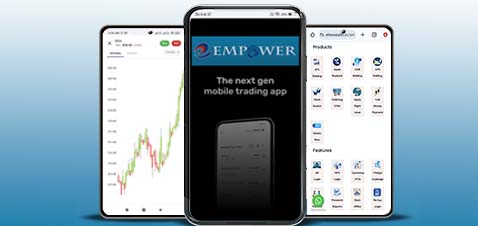
The Securities and Exchange Board of India (Sebi) has dismissed allegations made by Hindenburg Research against the Adani Group, closing a 15-month-long probe into charges of regulatory violations.
In its orders issued on Thursday, Sebi cleared Adani Group chairman Gautam Adani, his brother Rajesh Adani, and group CFO Jugeshinder Singh of bypassing related-party transaction (RPT) rules. The regulator concluded that while Adani companies had routed funds through three entities — Adicorp Enterprises, Milestone Tradelinks, and Rehvar Infrastructure — these were not classified as related parties under the rules applicable at the time.
Findings of the Investigation
The probe was triggered by Hindenburg’s 2023 report, which alleged that the Adani Group used intermediary firms as conduits to skirt disclosure norms. However, Sebi noted that:
- All loans had been repaid with interest before the investigation began.
- The entities in question also engaged in similar financial transactions with non-Adani firms.
- Transactions were genuine commercial dealings in the ordinary course of business.
Sebi emphasized that the definition of an RPT was narrower prior to April 2022, covering only direct dealings between a listed company and a formally classified related party. The regulator pointed out that it broadened the RPT definition in a 2021 amendment, effective April 2022, to include indirect transactions that benefit related parties.
Because this amendment was prospective in nature, Sebi concluded that it could not be applied retrospectively to penalize Adani’s past transactions.
Legal Perspective
The orders underscored that retrospective application of the new rules would be “legally impermissible.” Since the transactions were compliant under the earlier framework, allegations of fraud and unfair trade practices also fell away.
Quoting a Supreme Court-appointed expert committee, Sebi highlighted that once a regulatory approach is adopted with prospective effect, past transactions cannot be reopened unless explicitly stated in law.
Limited Scope for Challenge
Legal experts noted that investors seeking to challenge Sebi’s ruling may find little room to do so. Under the Sebi Act, only an “aggrieved person” — one directly and adversely affected — can appeal before the Securities Appellate Tribunal (SAT). General investors or members of the public may lack the legal standing to mount such a challenge.
Meanwhile, legal remedies remain open for Adani Group. Experts said the company could, in theory, pursue defamation claims against Hindenburg Research and its founder Nate Anderson. However, with Hindenburg reportedly winding down operations, the practical avenues for such action appear limited.
Summary
- Sebi dismissed Hindenburg Research’s allegations against the Adani Group after a 15-month investigation.
- Transactions routed through Adicorp, Milestone, and Rehvar were found legal under the rules in force at the time.
- The stricter related-party transaction definition introduced in 2022 could not be applied retrospectively.
- Fraud and unfair trade practice charges linked to the RPT allegation were also set aside.
- Legal experts suggest limited scope for investors to appeal, though Adani retains the option to pursue defamation claims.
Disclaimer:
This article is intended solely for educational and informational purposes. The securities or companies mentioned are provided as examples and should not be considered as recommendations. Nothing contained herein constitutes personal financial advice or investment recommendations. Readers are advised to conduct their own research and consult a qualified financial advisor before making any investment decisions.
Investments in securities markets are subject to market risks. Please read all related documents carefully before investing.


